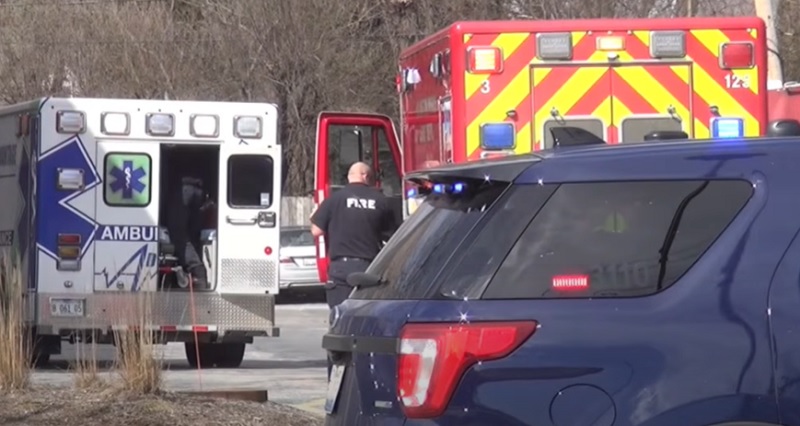
Can a police officer get through a shift without making a mistake? If so, can they sustain that perfection for a career? How about a physician, a factory worker, a teacher, or an engineer?
We accept mistakes as part of life. That’s why we have so many safeguards in place to prevent errors. Every factory has safety and quality control rules to follow, inspection points along the process, and the threat of customer dissatisfaction and even lawsuits as an incentive for perfection.
My father worked in a WWII barracks on an Army post in the accounting department. As with any bureaucracy, there was always some new program coming down the pike. One day he came home sporting a lapel pin with the letters ZD on it. When I asked what it stood for, he explained that it meant Zero Defects. The purpose was to encourage workers toward perfection by taking responsibility for their work rather than expecting that a supervisor or inspector would just catch any error they made.
Even proponents of ZD and other quality management philosophies recognized that the goal of no mistakes is not possible. It appears that the public does not apply this reality to law enforcement. Our military recognizes the possibility of “collateral damage” when targeting enemy positions. Not so in the crime-fighting business.
With the erosion of qualified immunity police officers are more frequently avoiding imperfection by reducing officer-initiated activity. No contact, no complaint becomes the rule. Could this be playing a role in the frightening increase in violent crime? There is no doubt in this writer’s mind!
As a reminder, qualified immunity (QI), is a court-developed doctrine that recognizes that police officers face situations for which there is no clearly established precedent to guide the officer’s decisions. QI addresses the reality that officers face unique, often split-second decisions, for which no clearly established law or policy applies. It does not permit or forgive a decision that is wrong on its face based on what the officer knows or should have known.
Imagine a surgeon opening up a patient and thinking “I’ve never seen this situation before!” Does that mean that the surgeon immediately gives up on the patient? The trained surgeon uses his or her best judgment to take action to save a life. In the same way, an officer can only put to use what he or she knows to craft a solution to the event unfolding before them. Police officers may not have the luxury of calling a time out or walking away. They must be given the latitude to do the best they can, then wait for the possibility of years of litigation for a court, far removed from the crisis, to decide that the officer did the best they could do.
Recently, nurse RaDonda Vaught was convicted of manslaughter because of an error in administering medication to a 75-year-old patient. Without commenting on the appropriateness of the verdict, it is noteworthy to consider her attorney’s argument that it was an honest mistake that was partly due to systematic errors in supervision and management that should shoulder some of the blame. We almost never see doctors prosecuted in the estimated 100,000 (some say closer to 400,000) deaths due to medical errors. That’s not to say that doctors should be immune, but their activities are not generally known to the public, while police officers’ activities are very public. There is no profession as highly surveilled as American law enforcement. Even before body-worn cameras, ubiquitous cell phones captured police activity. These videos are inevitably posted on social media, often with erroneous, damning narratives casting libelous false information. Reams of policy are reviewed for violations in the officers’ actions. Lawyers make claims that are often paid with no regard for the merits of the case. Grand juries and sometimes hostile prosecutors review the officers’ actions.
No one, even fervent police advocates like this writer, seeks to diminish the necessary accountability of our armed government agents who are empowered to take life and liberty. But they must also be trusted to make necessary, complex, and gut-wrenching decisions with the continued protection of qualified immunity.